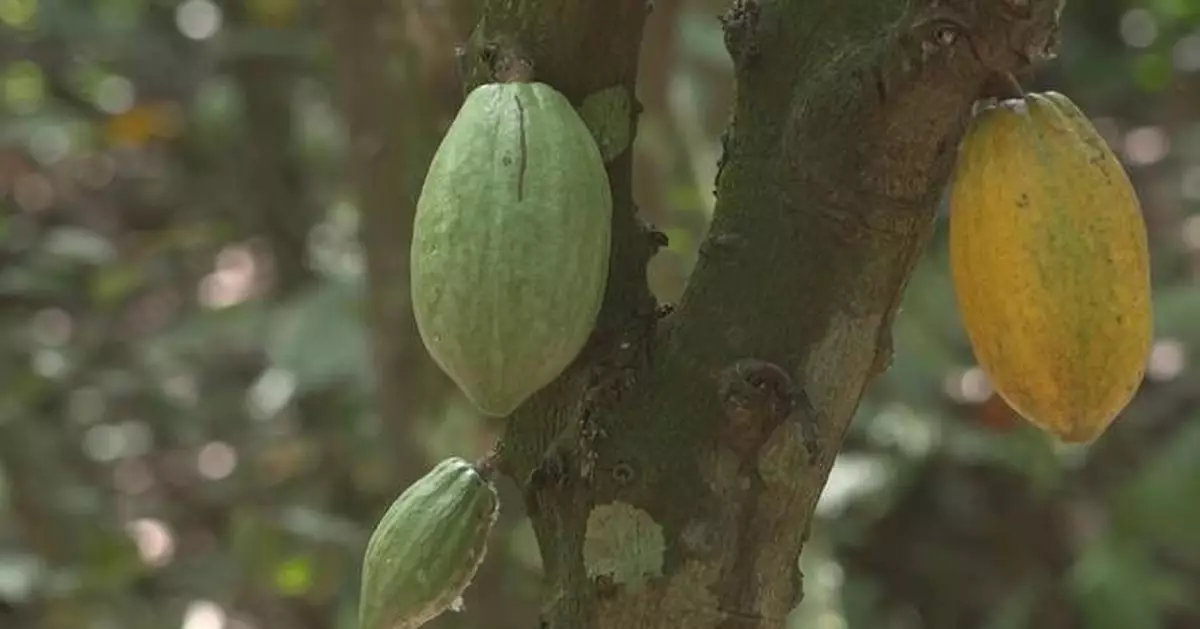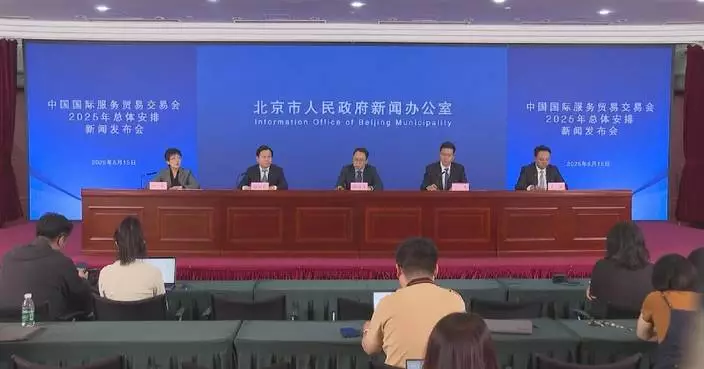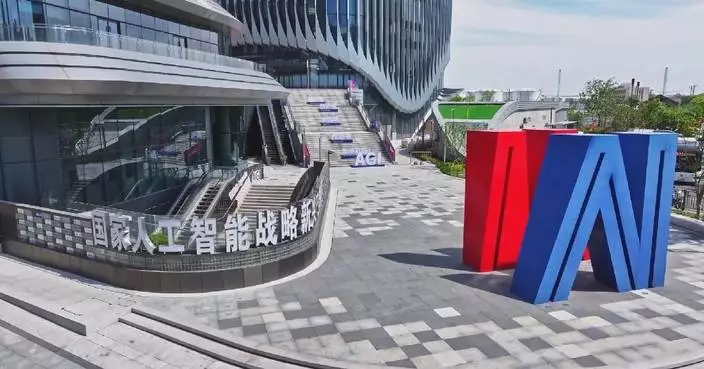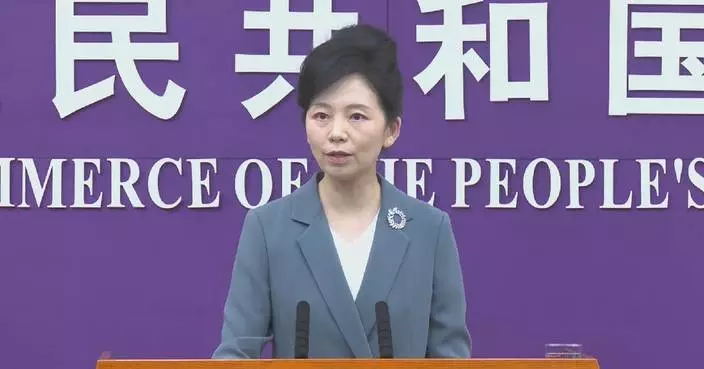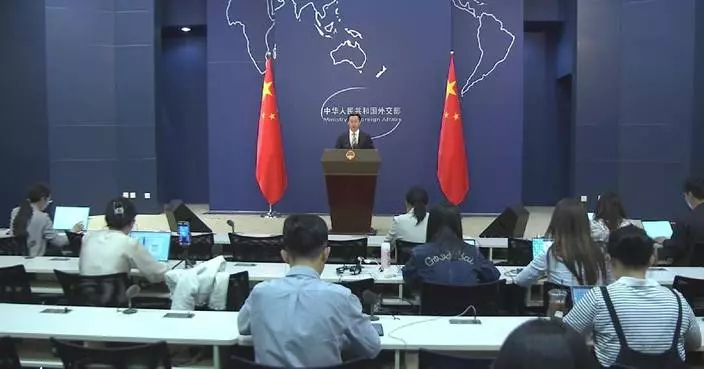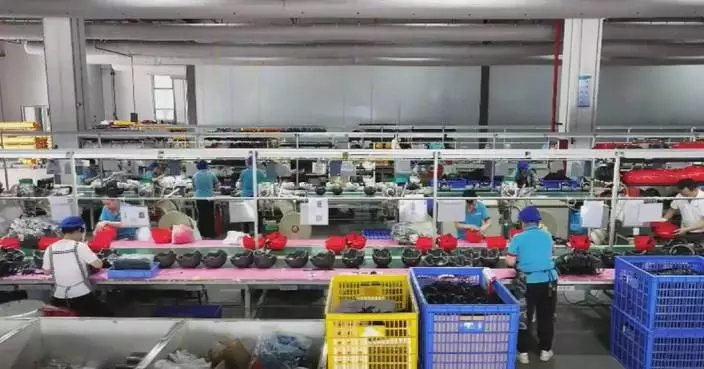Ghana, the world's second largest cocoa grower after Cote d'Ivoire, has seen production drop sharply over the past two years due to multiple pressures facing its 800,000 farming families.
The cocoa swollen shoot virus disease (CSSVD) and cocoa black pod disease have been threatening production in Ghana and Cote d'Ivoire in recent years, leading to shortfalls in the international market.
CSSVD is a plant pathogenic virus of the family Caulimoviridae that primarily infects cacao trees. It decreases cacao yield within the first year of infection, and usually kills the tree within a few years.
CSSVD has wiped out over 500,000 hectares of cocoa farms in Ghana, said Joseph Boahen Aidoo, Chief Executive Officer of the Ghana Cocoa Board (COCOBOD), a government-controlled institution, in February.
In addition to the diseases, Aidoo said that illegal mining and climate change have also impacted the cocoa industry negatively, worsening the decline in cocoa production and threatening the livelihoods of farmers.
"We are experiencing dry weather and intense heat, which are not favorable for crop production. Pest and diseases are also ravaging the cocoa farms," explained Aboagye Ntow, a cocoa farmer from Accra.
Last year, Ghana fell short of its target to produce 950,000 tonnes of cocoa beans, with approximately 150,000 tonnes lost due to diseases and the destruction of cocoa farms by illegal miners.
The cocoa regulatory body initially projected a production of around 820,000 tonnes for the 2023-2024 crop season. However, it had to revise this figure down by 40 percent to 500,000 tonnes.
As both Ghana and Cote d'Ivoire experience low crop yields, global cocoa prices have skyrocketed to unprecedented levels.
"Inflation has reached a level that we least expected, and the general cost of living went up. But it is within this period that, unfortunately, the price of cocoa is on the increase, so it's better late than never. What we need to do is to look at what is the most threat to cocoa production into the future," said Edward Karaweh, General Secretary of Ghana Agriculture Workers Union.
Cote d'Ivoire responded to the surge in global cocoa prices by increasing its farm gate price, the price at which it directly purchases beans from local farmers, by 100 percent.
Ghana's cocoa industry regulator late Friday announced a 58.2 percent hike in the producer price of cocoa for farmers with immediate effect.
In a press release, COCOBOD said the new price for the 2023-2024 crop year increases to 33,120 Ghana cedis (about 2,500 U.S. dollars) per tonne from 20,926 cedis (over 1,500 U.S. dollars) per tonne last September.
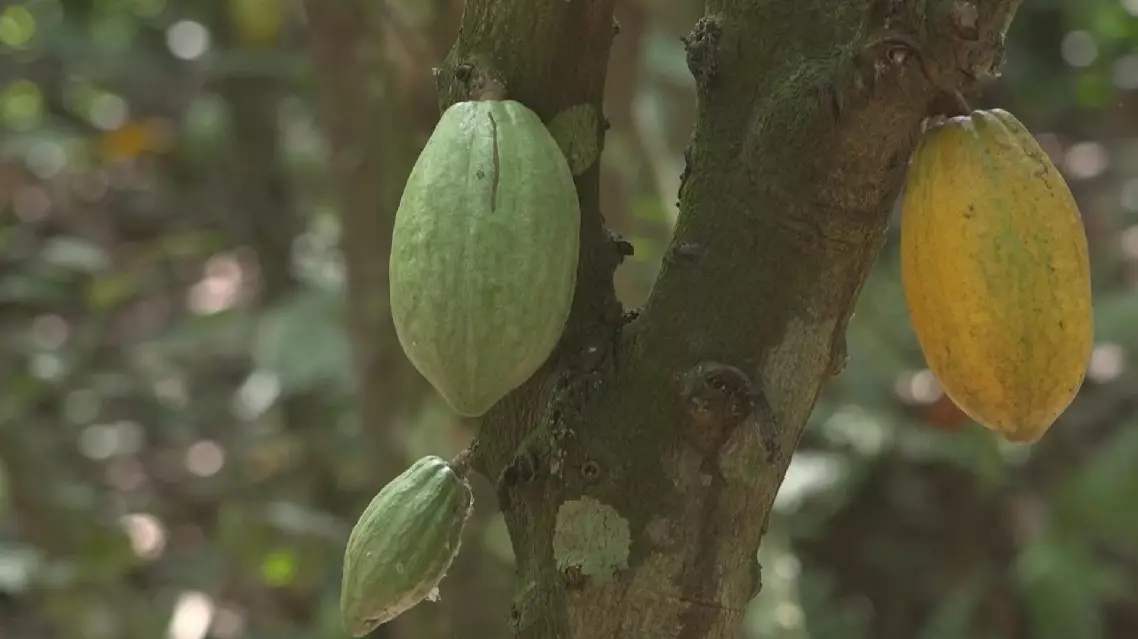
Cocoa production plummets in Ghana due to disease, climate impacts
The U.S. Department of Commerce has issued new guidance declaring that the use of Huawei's Ascend AI chips "anywhere in the world" may violate U.S. export control regulations.
The statement, released by the department's Bureau of Industry and Security on Tuesday, explicitly warns of the potential consequences of enabling U.S.-origin "AI chips to be used in training or inference for Chinese AI models."
In response to the statement, the Chinese Ministry of Commerce vowed on Thursday to take resolute measures to safeguard the legitimate rights and interests of Chinese enterprises.
While the move aligns with Washington's broader strategy to curb China's access to advanced semiconductor technologies, it also underscores a deeper anxiety: the fear of losing its global leadership in artificial intelligence.
NVIDIA CEO Jensen Huang said that China is "not behind" the U.S. in artificial intelligence and called the race in AI development a "long-term, infinite race," as he spoke to reporters at a tech conference in Washington, D.C., last month.
During a recent congressional hearing, U.S. tech leaders, including OpenAI CEO Sam Altman and executives from Microsoft and chipmaker Advanced Micro Devices, testified on Capitol Hill to urge lawmakers to streamline policy for AI-related projects and fundraising in order to race against China in AI development.
The latest guideline follows a period of regulatory volatility. After walking back the previously announced "AI Diffusion Rule" from the Biden administration, the U.S. has now pivoted toward this more aggressive interpretation – a shift that highlights the inherent difficulties in enforcing such extraterritorial bans.
Convincing sovereign nations to follow U.S. law, particularly when it limits their own tech development, poses significant diplomatic and operational challenges.
"The Trump administration will pursue a bold, inclusive strategy to American AI technology with trusted foreign countries around the world," Tuesday's statement says.
Implementing a global enforcement regime would likely require bilateral negotiations with dozens of countries – a time-consuming and politically fraught process that risks diminishing returns.
In practice, these efforts may only reinforce China's determination to achieve technological self-sufficiency. Huawei's trajectory stands as a case in point.
Since coming under U.S. sanctions in 2019, the company has made notable advances in AI and chip development. Most recently, the company invited select Chinese tech companies to test its most powerful processor yet, the Ascend 910D, the Wall Street Journal reported, citing sources familiar with the matter. The chip is expected to rival – or even surpass – Nvidia's H100 in performance.
If such innovation continues to emerge under pressure, Washington may need to ask itself: Is the goal to contain China or to compel it to innovate faster?
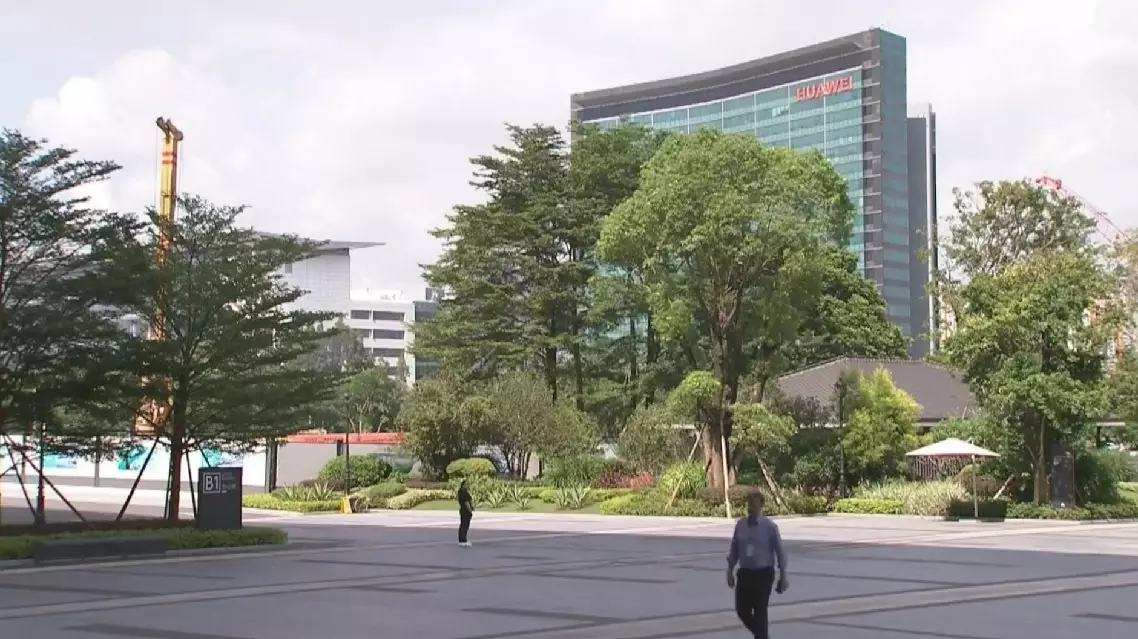
New US guidance on Huawei chip usage reveals deeper fears, tougher realities



